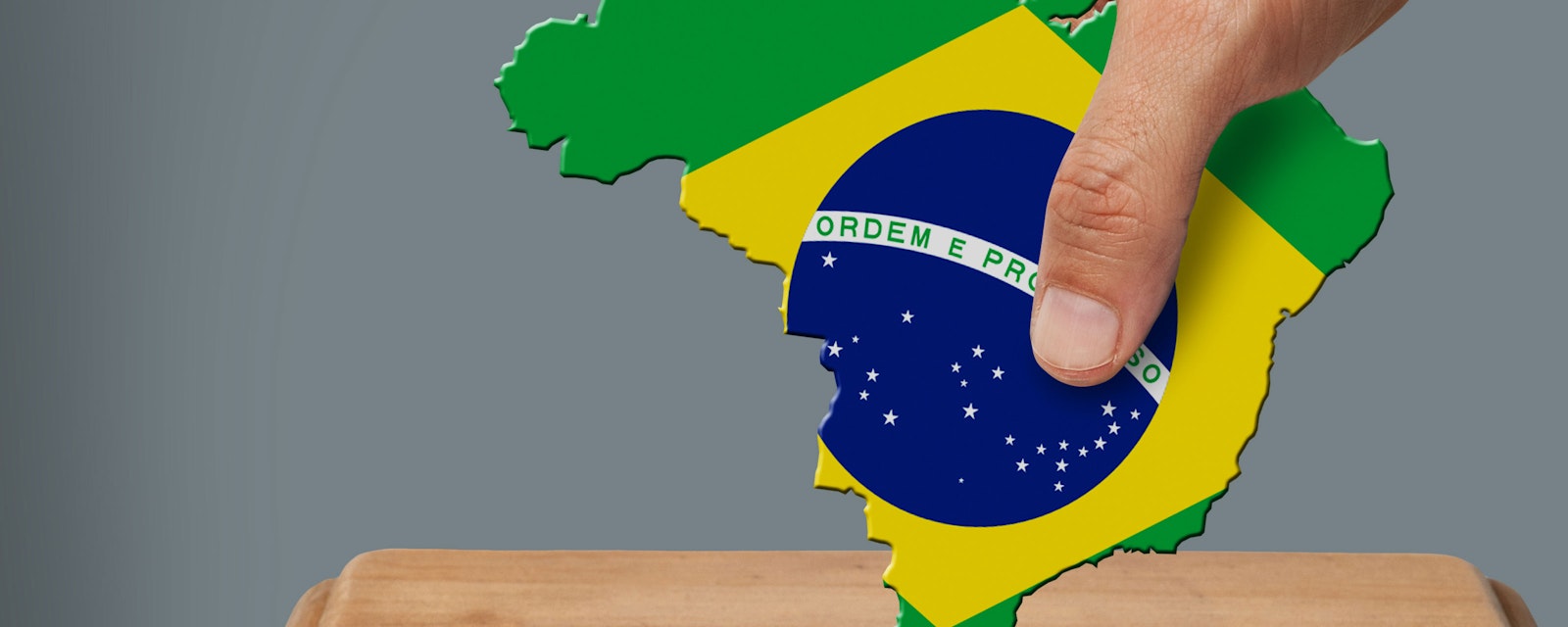Voter intentions have remained largely unchanged following the imprisonment of Luiz Inacio “Lula” da Silva. This is somewhat surprising, as many believed the former president’s campaign had fueled the rise of the rightwing Congressman Jair Bolsonaro and stifled the candidacies of other leftist politicians.
The exit of as polarizing a figure as Lula, this thinking went, would rob Bolsonaro of his principal foil and provide space for another figure on the left to rally the former president’s supporters. Neither has happened, however.
A recent poll this week shows Bolsonaro’s support at roughly 20% of the first-round voter intentions, largely unchanged since March. Though that level of support may not seem like much, it is more than enough to enter the second-round runoff. Center-left candidates Marina Silva (Rede) and Ciro Gomes (Democratic Labour Party, PDT) both continue to poll around 10%, where they were in March. In a runoff scenario, Bolsonaro is tied with Silva and beats Gomes.
The survey underscores several major themes. The first is the extent to which personalities, rather than ideological affiliation, are driving the 2018 presidential election. This trend is particularly important as major celebrities – such as former Supreme Court Chief Justice Joaquim Barbosa and TV personality Luciano Huck – decide not to throw their hats in the ring. The second is the very high level of voters without a candidate; the percentage of voters who intend to cast blank ballots routinely exceeds 40% in polling. A third trend is the anemic support for establishment center-right candidates. Sao Paulo Governor Geraldo Alckmin (PSDB) saw his support drop from 8% to 5% since March. Other prominent conservatives, such as former Finance Minister Henrique Meirelles and Speaker Rodrigo Maia, poll below 1%.
This landscape most clearly favors Bolsonaro, whose segment of diehards will count for more in a scenario in which the bulk of voters refuse to vote. The major question going forward is whether the stability in the campaign so far will hold. It is very possible that once the campaigning officially begins, and voters are faced with the actual prospect of a Bolsonaro presidency, that another candidate begins to consolidate support. For now, the most important effect of Bolsonaro’s continuing strength is that it may disincentivize viable candidates, such as Barbosa, from entering the race.




